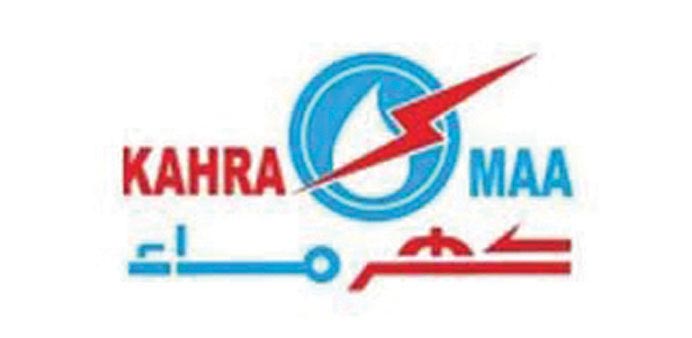The import and sale of incandescent tungsten bulbs have been banned in Qatar with effect from today as part of the country’s efforts to conserve power.
In the first phase of the programme, the curb will be applicable to 75 and 100 watts bulbs while the ban is expected to be extended to the other categories later.
A statement issued by Qatar General Electricity & Water Corporation (Kahramaa) said the ban was part of its conservation campaign, Tarsheed, which aims to reduce electricity and water consumption and minimise harmful carbon emission.
Kahramaa said it, along with the Ministry of Municipality and Environment and other entities concerned, had succeeded in convincing the government to enact a regulation to prevent the import and sale of all types of “high-glowing incandescent tungsten bulbs (75 and 100 watts) in Qatar from the first of May 2016”.
The National Programme of Conservation and Energy Efficiency (Tarsheed) has launched a series of campaigns to raise awareness about the negative impacts of incandescent lamps and to encourage the usage of energy-saving LED (light-emitting diode) bulbs/lights, which are long-lasting and save 80% of energy as compared to the usual incandescent bulbs. Lighting takes 15-20% of the total energy consumed by a building.
According to a senior official of the Ministry of Municipality and Environment, a LED bulb with a capacity of 11 watts per hour produces the same light as that of a traditional incandescent bulb of 60W, thereby saving 49 watts per hour.
“Aside from this, incandescent bulbs produce more heat than LED bulbs which affects air-conditioning,” the official said.
According to a study, by switching over to LED bulbs, each household will be able to save up to 20% of its present power consumption.
“Through Tarsheed, Kahramaa develops standards, specifications and ensures updates about the devices and tools of lighting and plumbing,” the statement said.
“It also periodically conducts surveys to evolve requirements and technical standards for devices, tools and equipment to be used along with the modern techniques being used in the domain,” it said.
“Tarsheed also regulates the terms and conditions of granting certificates to buildings for complying with the highest level of energy efficiency standards, saving of natural resources and reduction of carbon emission for a sustainable healthy environment.”
The Ministry of Municipality and Environment has also run intensive inspection campaigns and recommended the prevention of import and circulation of the “high-glow bulbs” to ensure the health and safety of people and to raise the quality of electrical products in the local markets, the statement said.
Tarsheed has expanded its horizons by co-ordinating with institutions like schools for the successful implementation of its objectives across the country. It has signed a number of MoUs with various organisations to help inculcate the culture of conservation among the public with its message “Keep Qatar Pulsing”.
The prime target of Tarsheed is to reduce the per capita water and electricity consumption in Qatar by 35% and 20%, respectively by 2017.
Kahramaa said that through Tarsheed it aimed at becoming a role model in the field of conservation and environmental sustainability.

Kahramaa has introduced a new slab system for the pricing of electricity and water.
